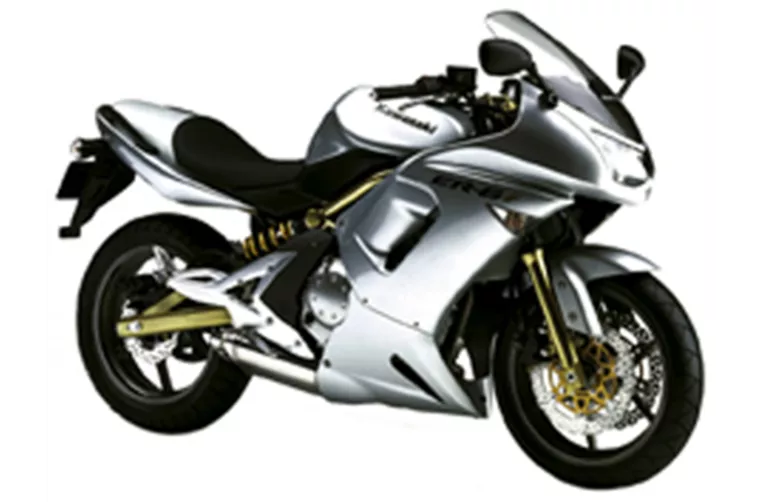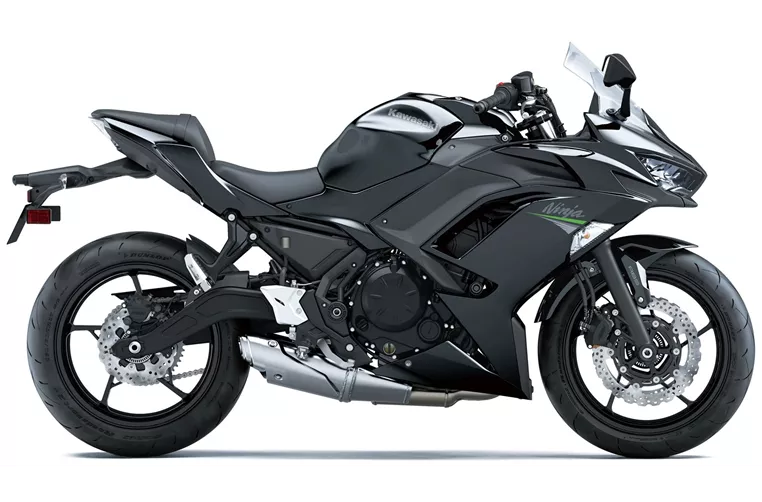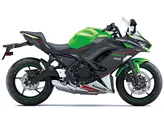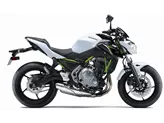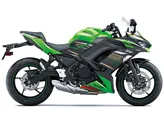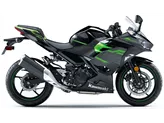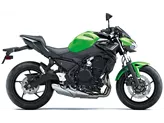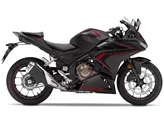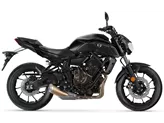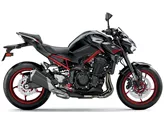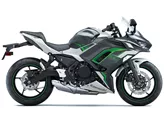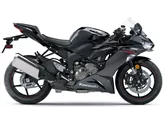Kawasaki ER-6f 2006 vs. Kawasaki Ninja 650 2020
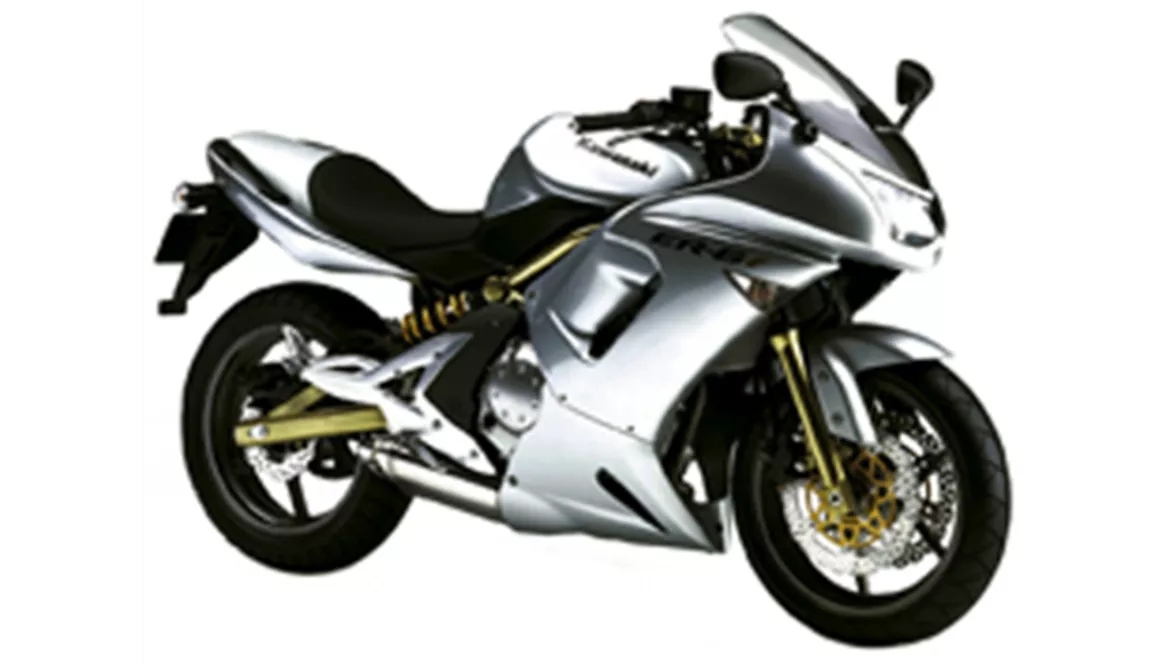
Kawasaki ER-6f 2006
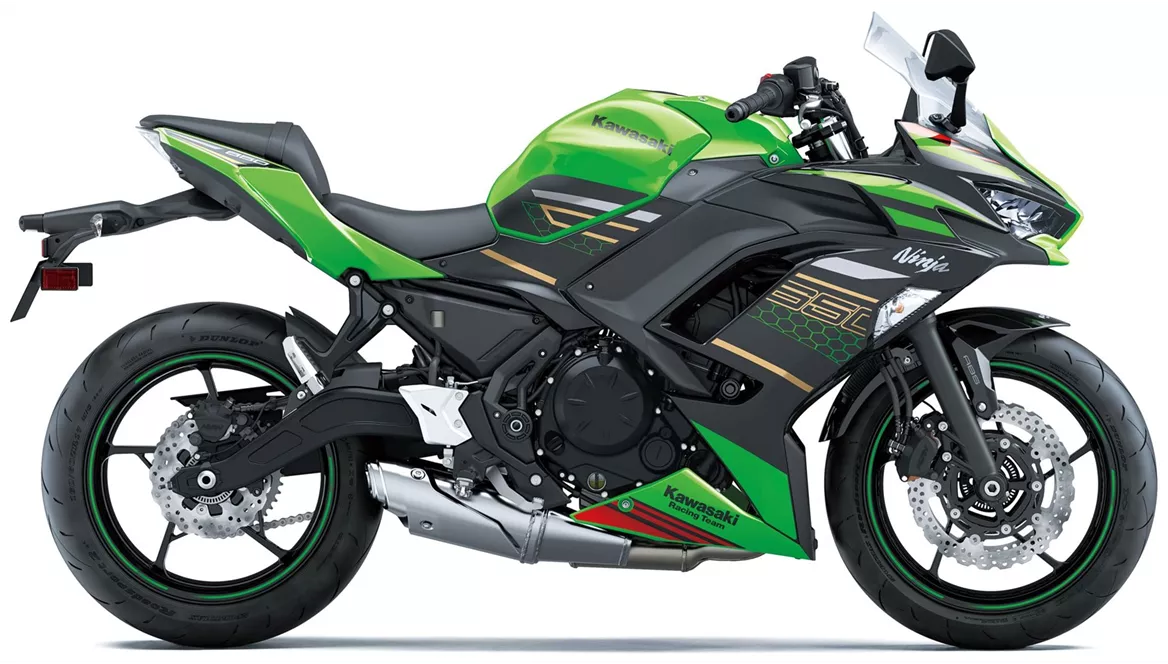
Kawasaki Ninja 650 2020
Overview - Kawasaki ER-6f 2006 vs Kawasaki Ninja 650 2020
The Kawasaki ER-6f model year 2006 and the Kawasaki Ninja 650 model year 2020 are both sport touring motorcycles with similar technical specifications. Both models have a 649cc engine with 2 cylinders and 4-stroke strokes. They also have a chain transmission.
In terms of engine power, the Kawasaki ER-6f 2006 has a slightly higher power output of 72 HP compared to the Kawasaki Ninja 650 2020, which has 68.2 HP. However, the difference in power is not significant and both models offer a decent amount of power for their class.
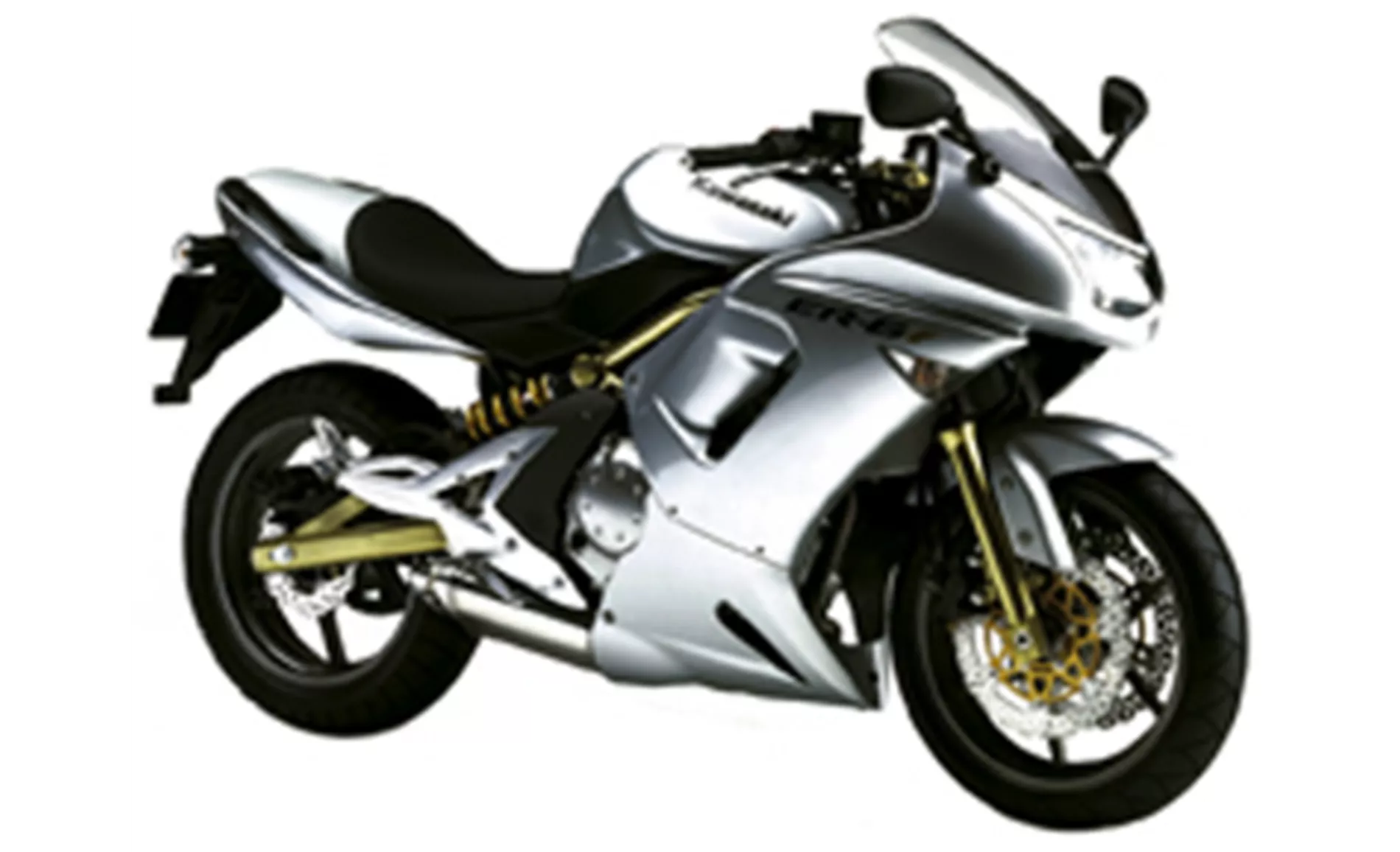
Kawasaki ER-6f 2006
In terms of dimensions and weights, the Kawasaki ER-6f 2006 has a wheelbase of 1405 mm, while the Kawasaki Ninja 650 2020 has a slightly longer wheelbase of 1410 mm. The seat height of the ER-6f is 785 mm, while the Ninja 650 has a slightly higher seat height of 790 mm. Both models have a similar fuel tank capacity, with the ER-6f having a capacity of 15.5 liters and the Ninja 650 having a capacity of 15 liters.
When it comes to strengths, the Kawasaki ER-6f 2006 offers a comfortable cruising speed of up to 180 km/h. It is surprisingly powerful and has a bold look. The build quality is decent and it is easy to handle. The ER-6f also has a great braking system and comes with ABS.
On the other hand, the Kawasaki Ninja 650 2020 has its own set of strengths. It is considered one of the last of its kind, offering a powerful two-cylinder engine. The seat is comfortable and suitable for touring, making it a good option for longer rides. The Ninja 650 has compact dimensions and a beginner-friendly seat height. It also has a stable chassis and features a TFT display with connectivity. In terms of appearance, it has a sporty look.
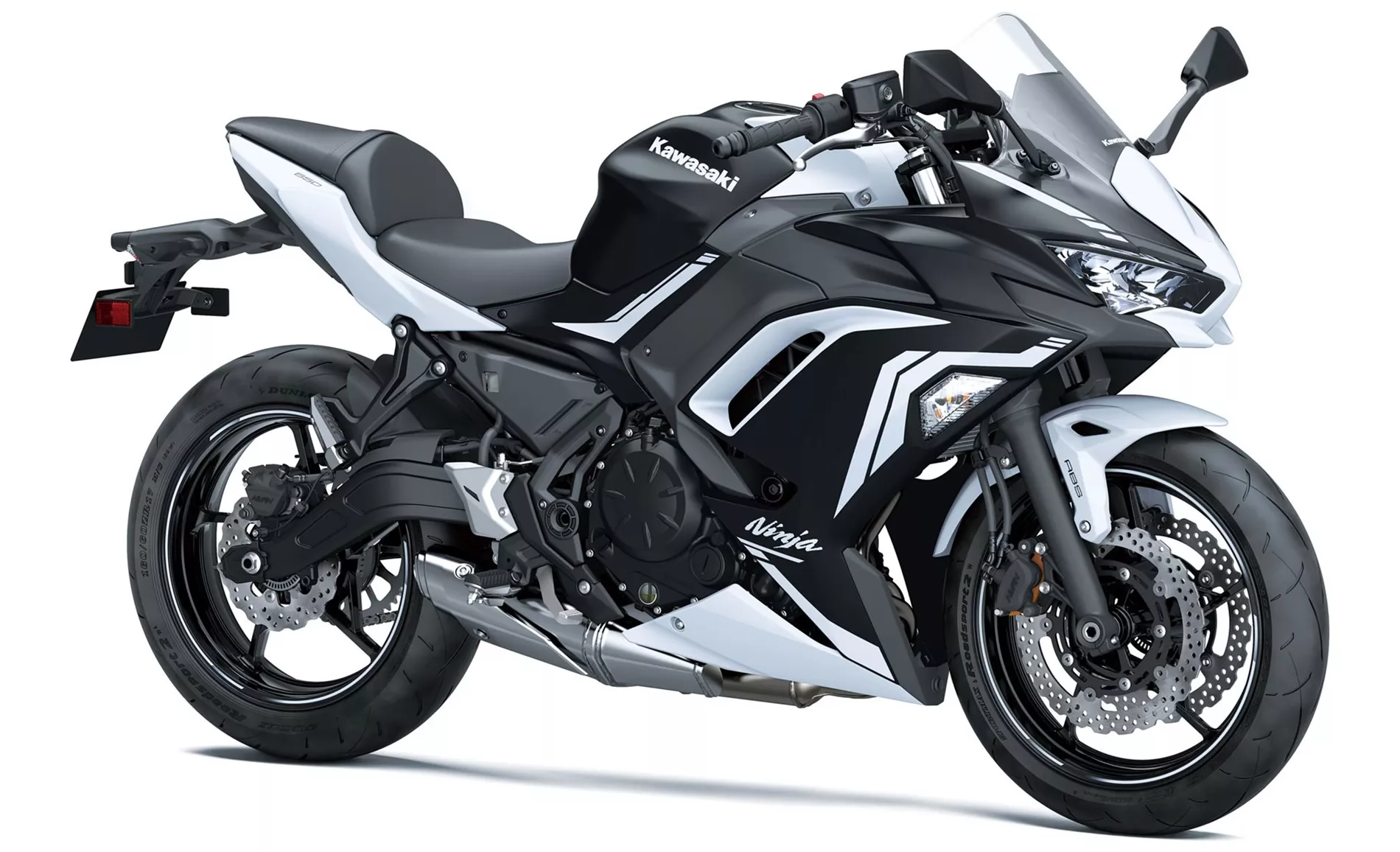
Kawasaki Ninja 650 2020
In terms of weaknesses, the Kawasaki ER-6f 2006 has been noted to have power that flattens out too quickly at very high speeds. On the other hand, the Kawasaki Ninja 650 2020 may not be suitable for taller riders as it is overall too dainty. Some riders have also mentioned that the front brake pressure point could be improved. Additionally, the Ninja 650 may have limited suitability for touring with two people.
Overall, both the Kawasaki ER-6f 2006 and the Kawasaki Ninja 650 2020 are solid sport touring motorcycles with their own strengths and weaknesses. The choice between the two would depend on individual preferences and priorities.
Technical Specifications Kawasaki ER-6f 2006 compared to Kawasaki Ninja 650 2020
Pros and Cons in comparison
Pros and Cons in comparison
Kawasaki ER-6f 2006
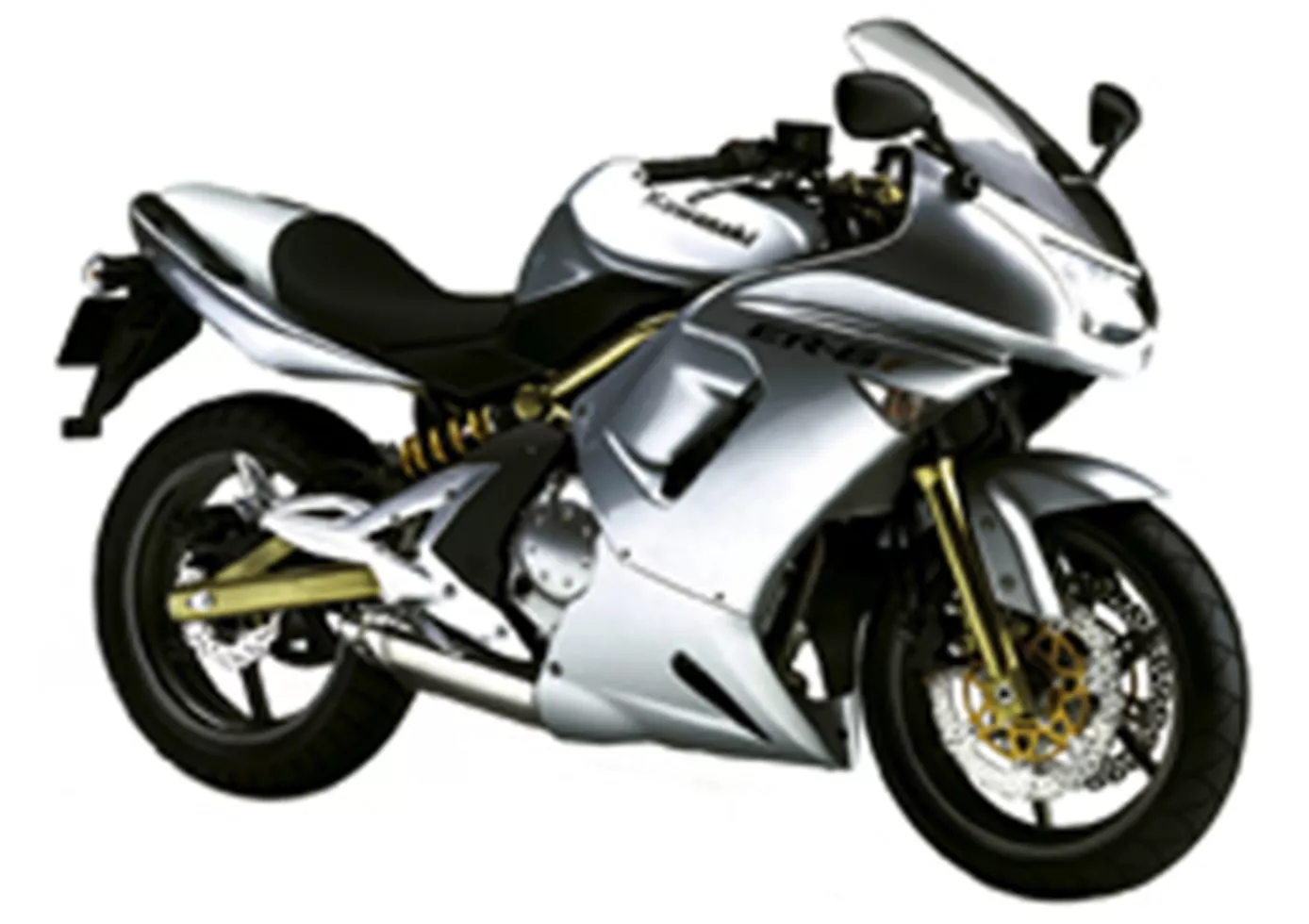
The ER-6f will also be available in Austria as a light motorbike - although young people will tend to go for the cooler ER-6n. Both models, however, are motorbikes that are fun to ride for more than just a few months. The engine is particularly suitable for beginners. There is no need to compromise on comfort, throttle response and load change behaviour.
Kawasaki Ninja 650 2020
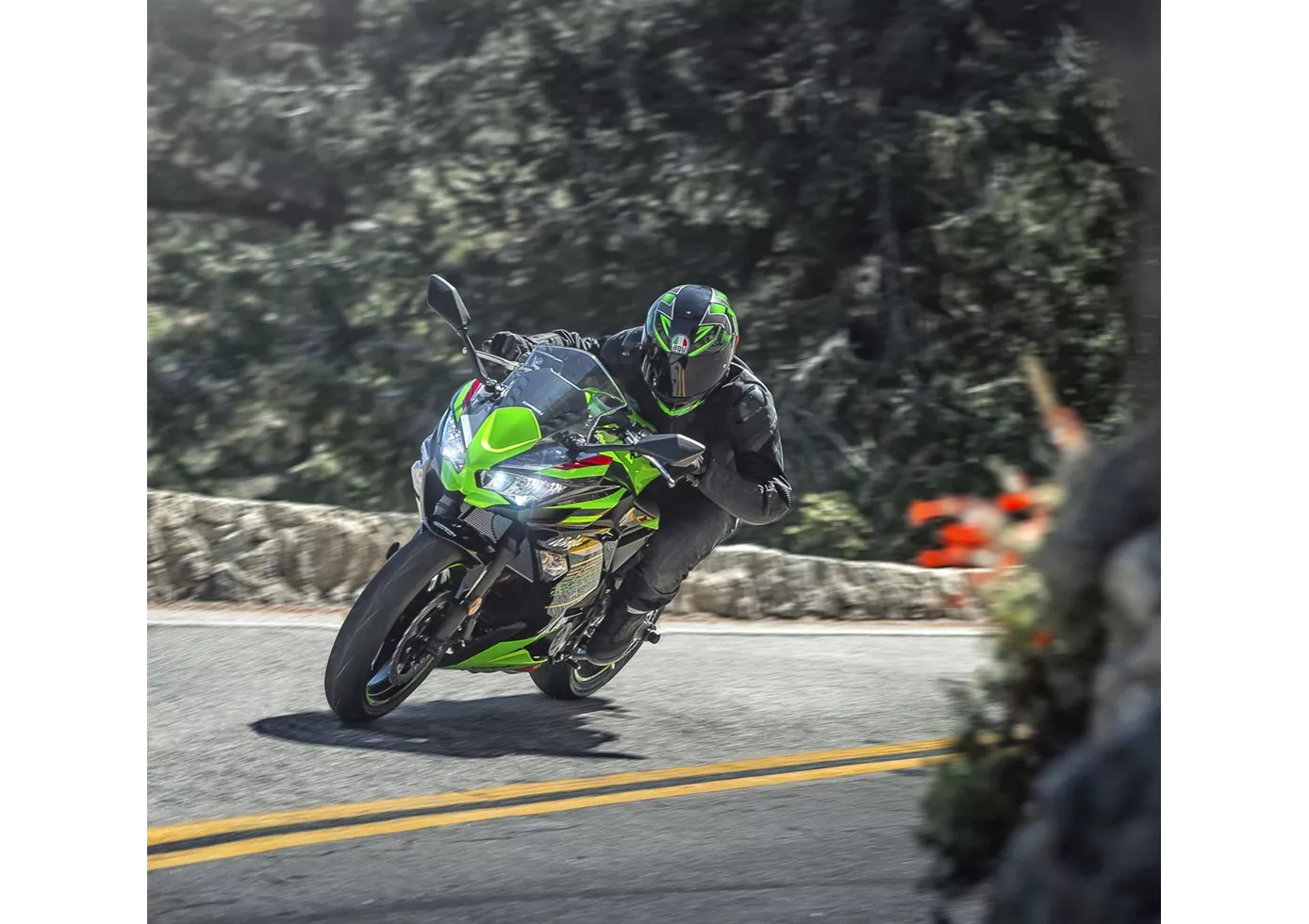
Save the sport tourer! With the Ninja 650, Kawasaki has created an exemplary representative of this class and (hopefully) solved the problem of the new generation. The stable chassis and the decent two-cylinder will delight beginners and advanced riders alike, even at a brisker pace. The front brake is a little too well intentioned, lacking a transparent pressure point despite basically good braking performance. Another plus is the TFT display, which we don't find in the competition at the moment, as well as the grown-up look, which is strongly oriented towards the larger Ninja models.
Price Comparison Avarage Market Price Kawasaki ER-6f vs Kawasaki Ninja 650
There are a few key differences between a Kawasaki ER-6f 2006 and a Kawasaki Ninja 650 2020. It takes less time to sell a Kawasaki Ninja 650 with 75 days compared to 85 days for the Kawasaki ER-6f. Since model year 2006 1000PS.de editors have written 7 reviews for the Kawasaki ER-6f and 20 reviews for the Kawasaki Ninja 650 since model year 2017. The first review for the Kawasaki ER-6f was published on 25/01/2006 and now has more than 30,200 views. This compares to more than 79,600 views for the first review on Kawasaki Ninja 650 published on 04/10/2016.
